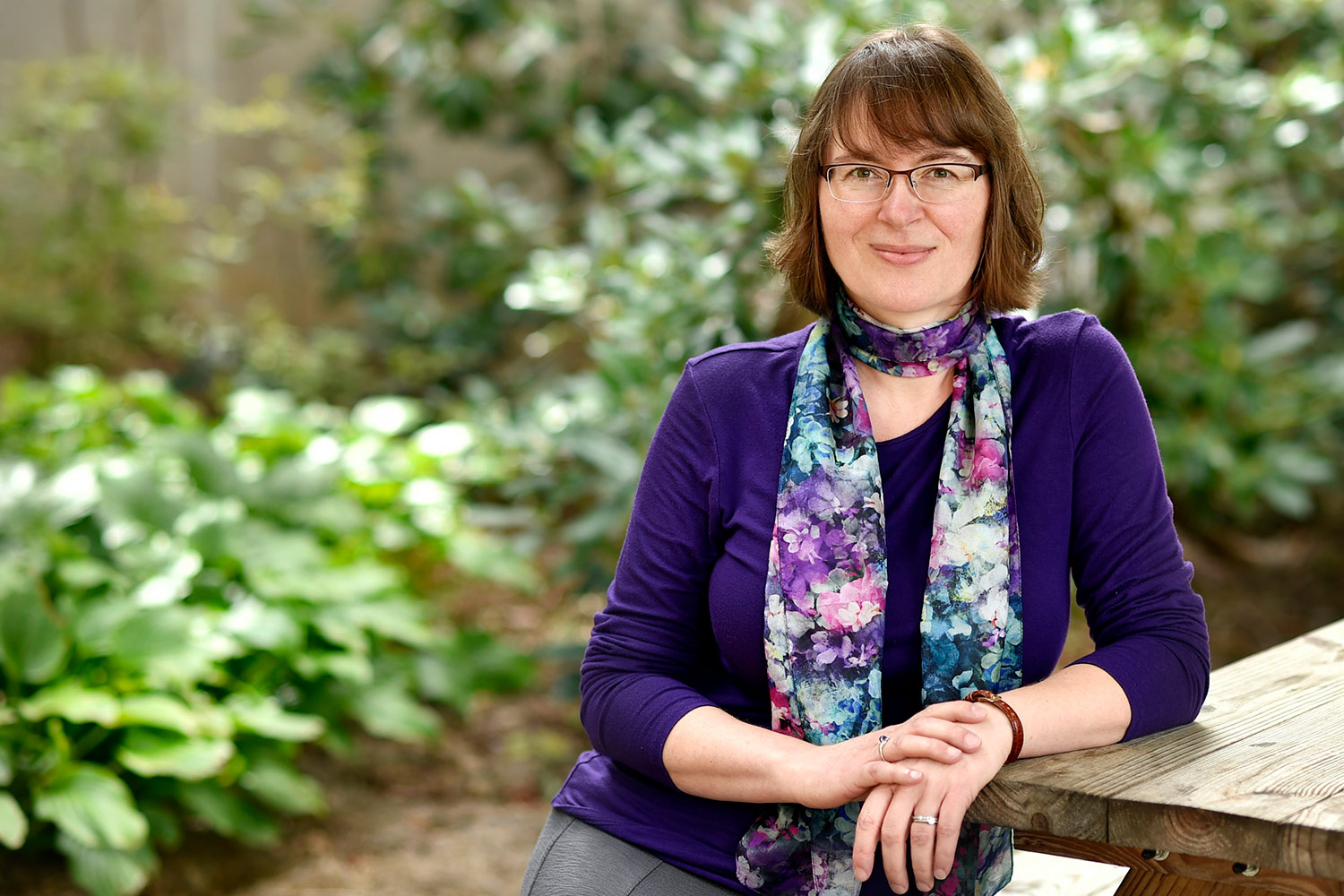Roya Scales named a UNC System literacy fellow
Roya Scales
Roya Scales of Western Carolina University is one of eight appointees to a University of North Carolina System literacy fellowship, an effort intended to develop a common framework for literacy instruction in teacher preparation.
Scales, a professor of literacy education in the School of Teaching and Learning, will help create a detailed structure for what graduates of UNC System educator preparation programs should know and do as they begin teaching elementary school students to read.
The goal is to ensure that graduates of elementary education general curriculum programs have an in-depth understanding of reading as a process involving the ability to hear and create sounds, phonics, fluency, vocabulary and comprehension. This work also includes understanding of how to teach writing. The initiative is a result of the Board of Governors’ “Resolution on Teacher Preparation,” and the results will be adopted by all UNC System educator preparation programs.
“I’m honored to be a part of the UNC System’s Literacy Fellows. I love to write, I love research and I love teaching, so to be involved with the literacy framework development initiative is an important one,” said Scales. “Not everyone has the luxury of having a stand-alone writing-focused methods course, and we do (here at WCU), so I’m a strong advocate for teaching our elementary education majors, inclusive education majors and middle grade majors how to teach writing. Research shows if you don’t have confidence in yourself as a writer and a teacher of writing, then you aren’t going to actually teach writing when you get into the classroom. So, we spend a lot of energy on teaching our candidates how to teach writing.”
As a first-generation college graduate, Scales said she feels a special kinship with WCU’s many first-generation students -and especially so with those who want to become teachers in public schools.
“Something else I am passionate about is culturally relevant teaching and bringing attention to how you appreciate and acknowledge and plan for meeting the different kinds of diversity in your classroom,” she said. “That is a topic that will appear throughout this initiative.”
Scales is a co-author of “Teaching Reading and Writing PreK-3: A Practical Approach,” which informs on a multi-layered approach for creating strategies to guide student literacy from kindergarten through third grade; and co-authored “Becoming a Metacognitive Teacher: A Guide for Early and Preservice Teachers,” to help educators navigate coursework, build relationships with mentors, negotiate fieldwork and teach while developing metacognitive thinking skills.
Research shows that elementary school students who are able to read on grade-level by the end of third grade are more likely to graduate from high school, enroll in postsecondary education, earn a college degree or credential, and experience economic success in adulthood.


